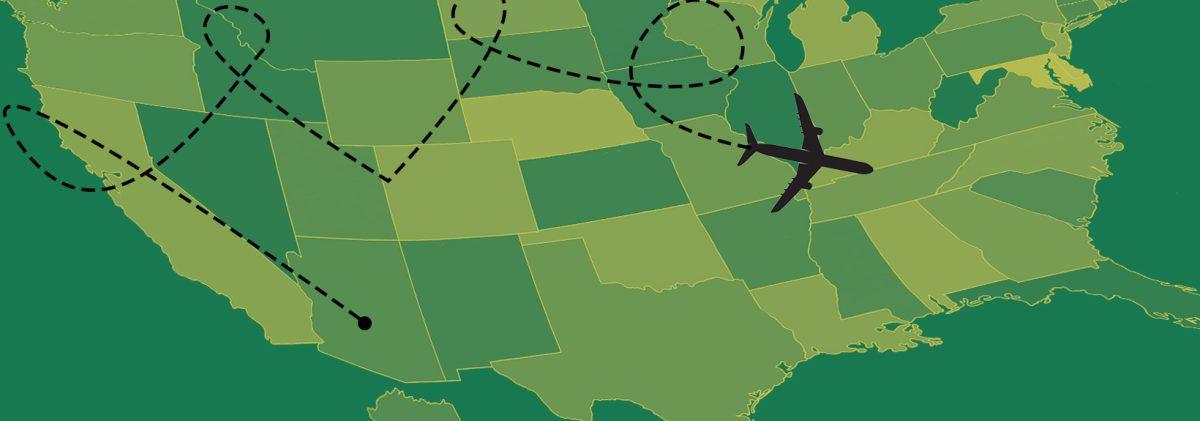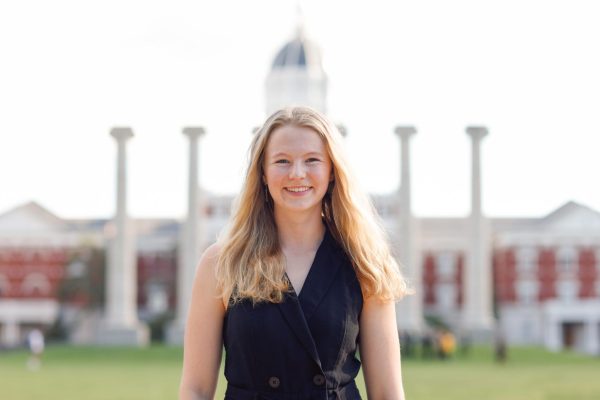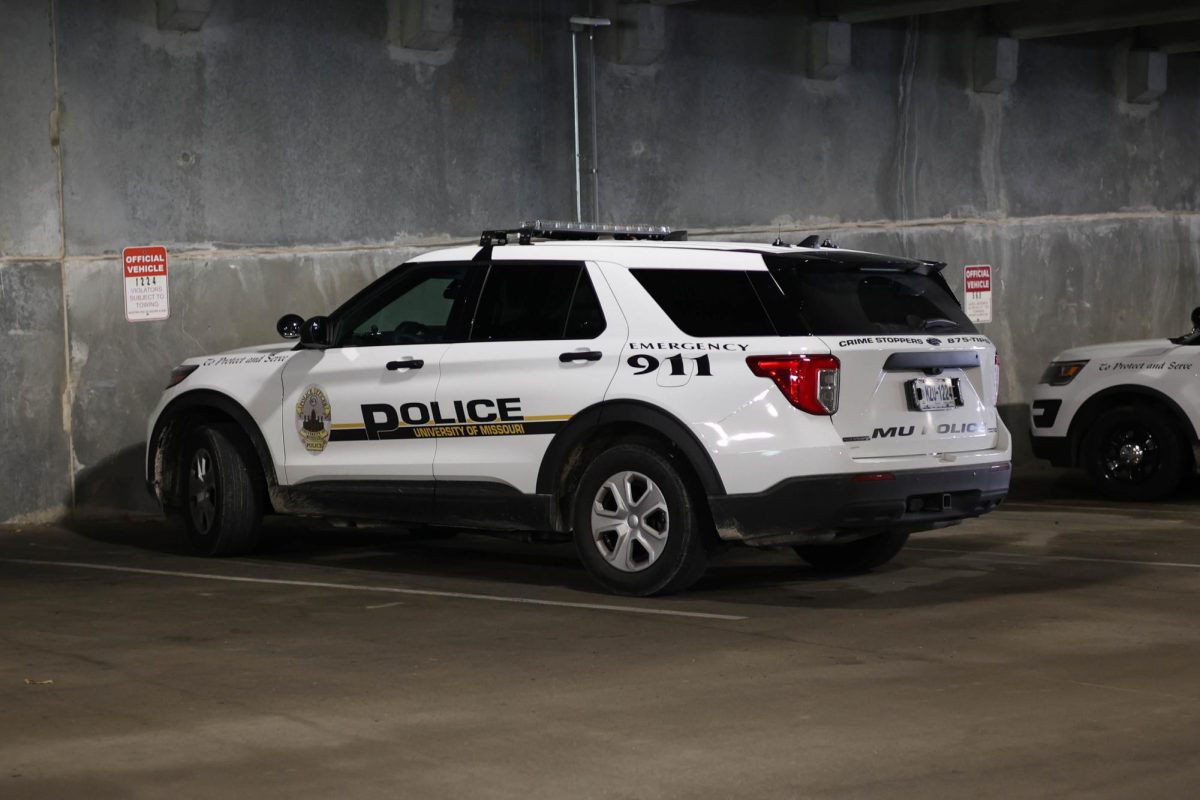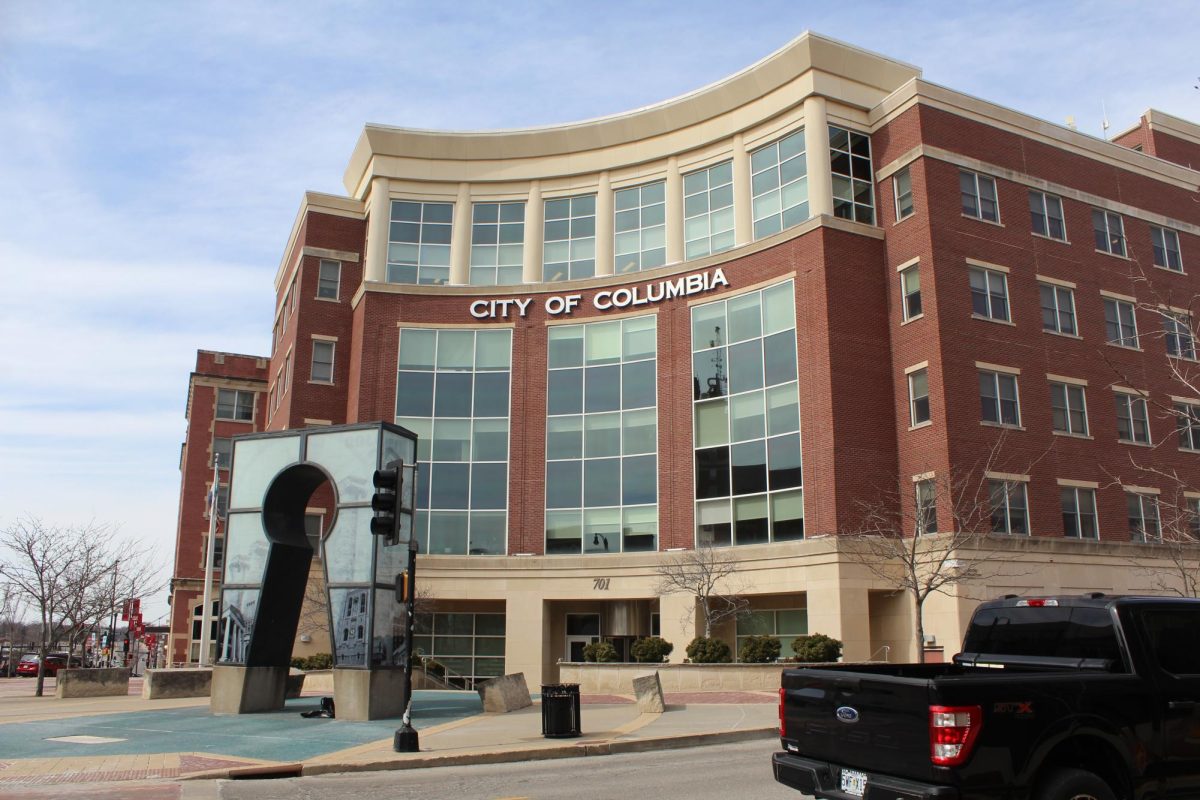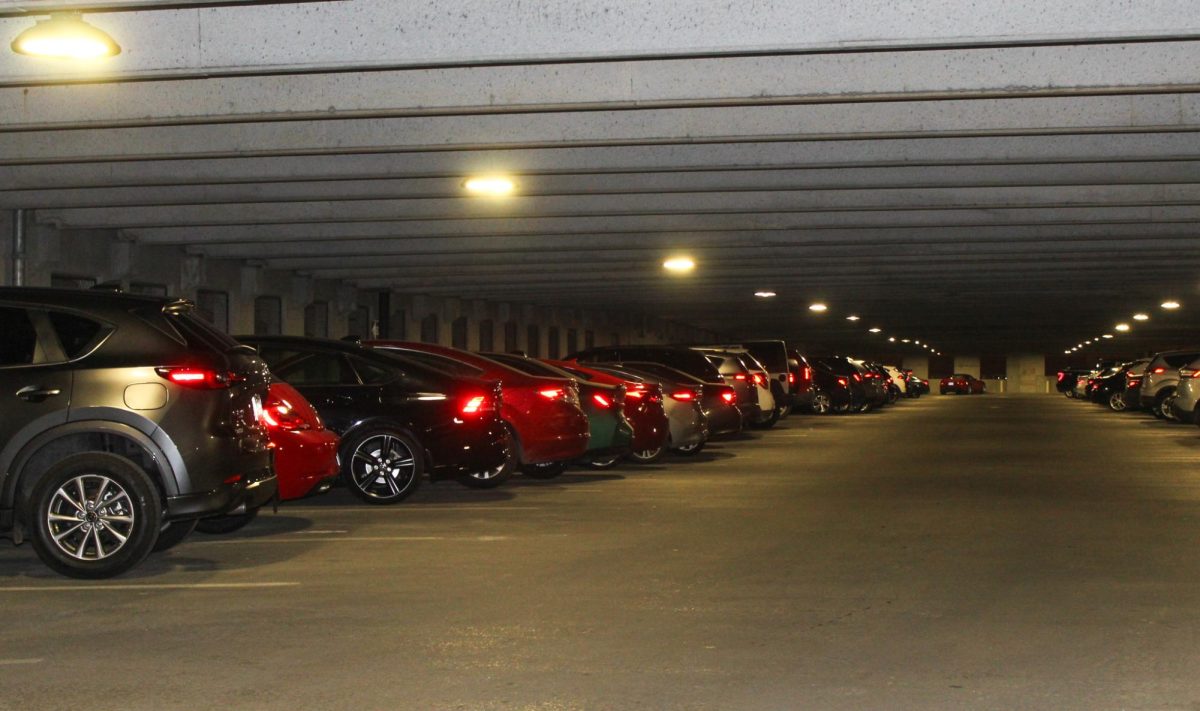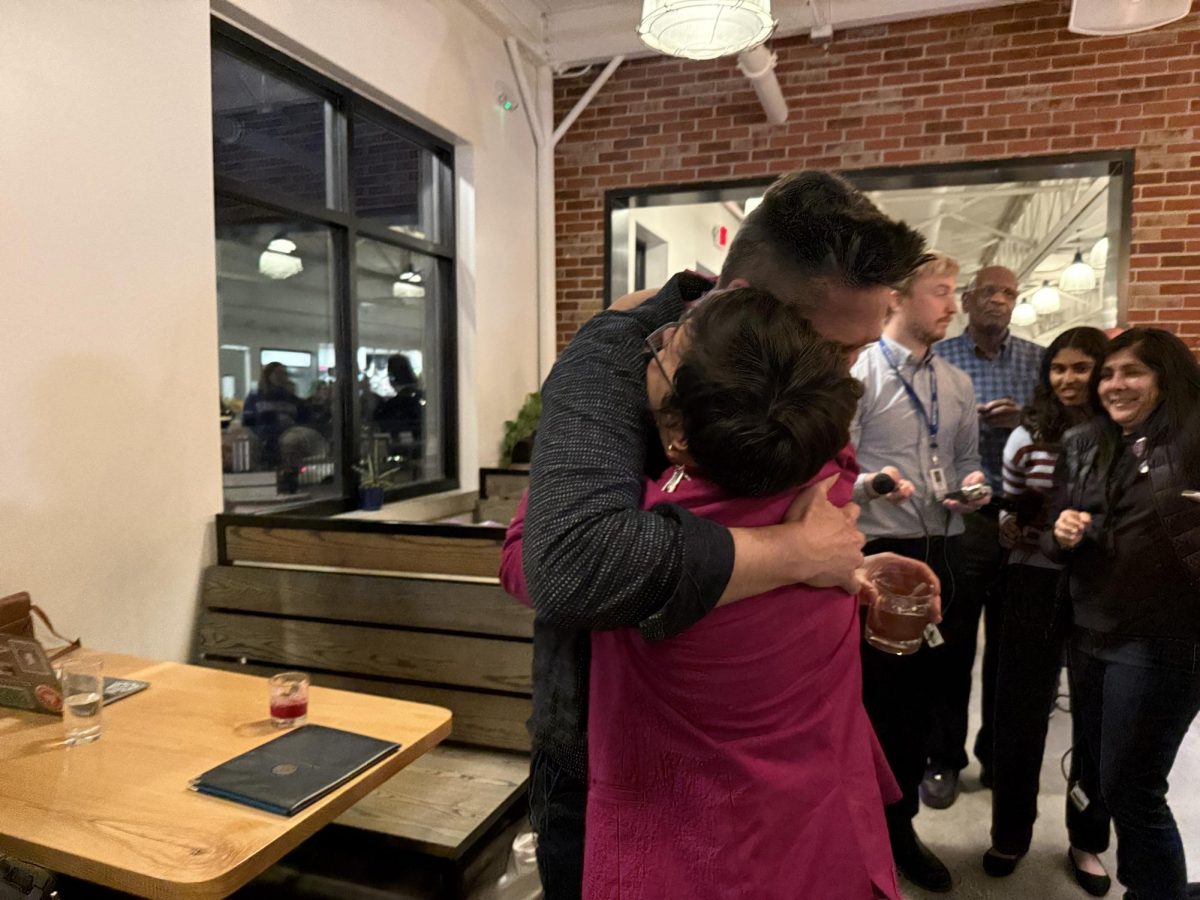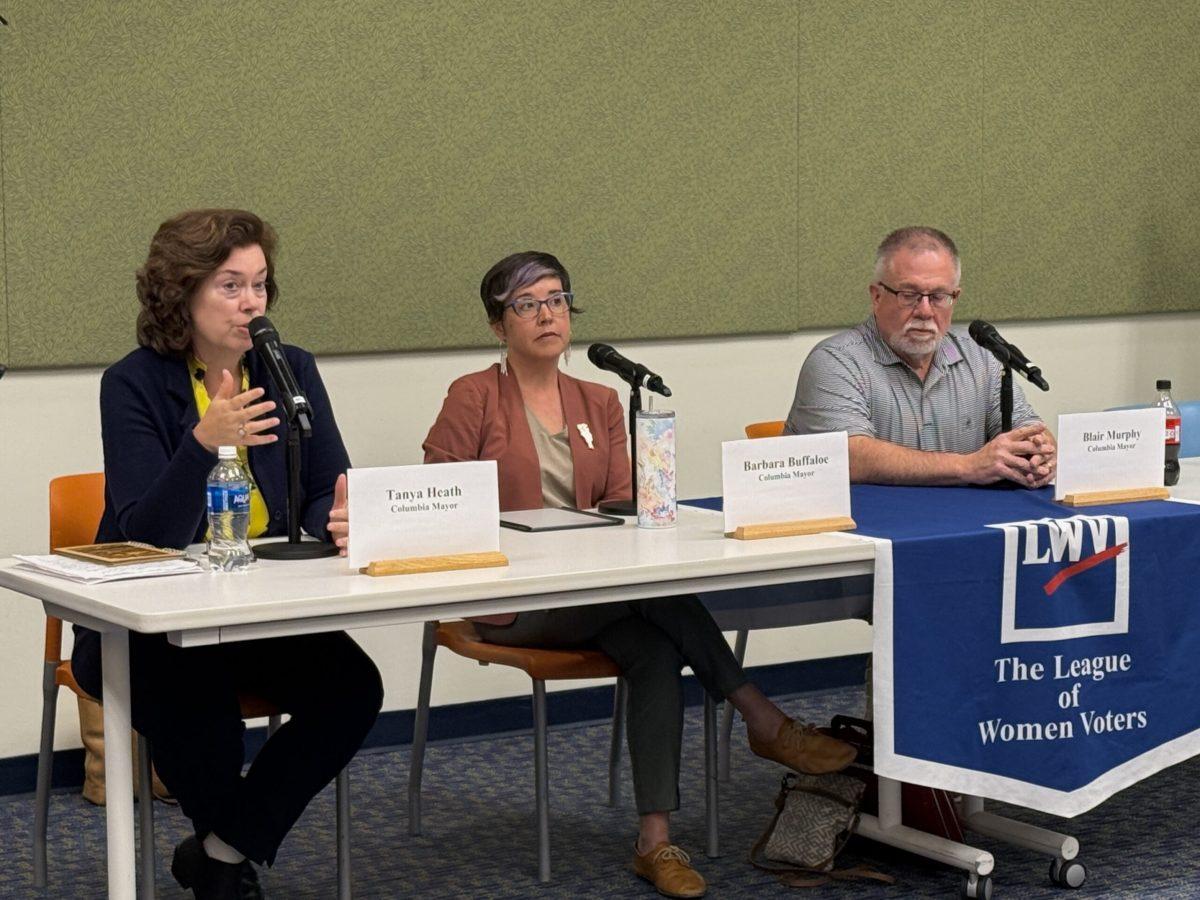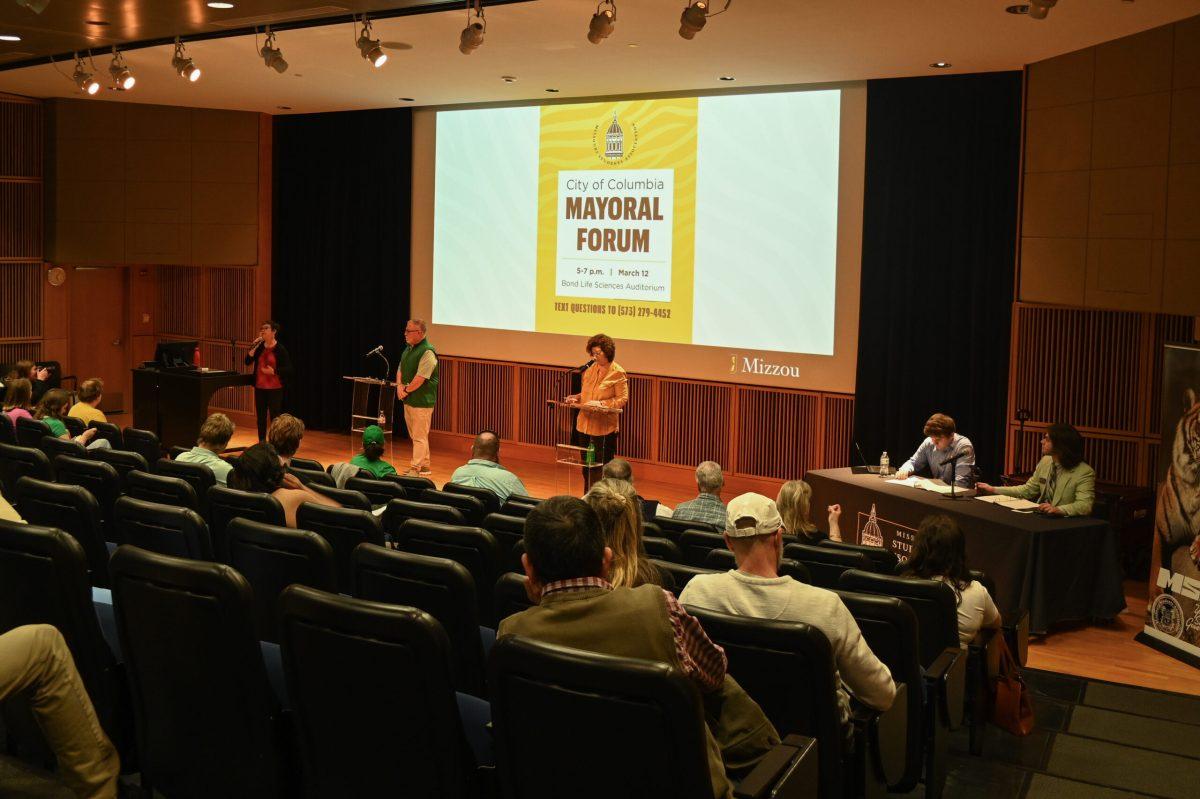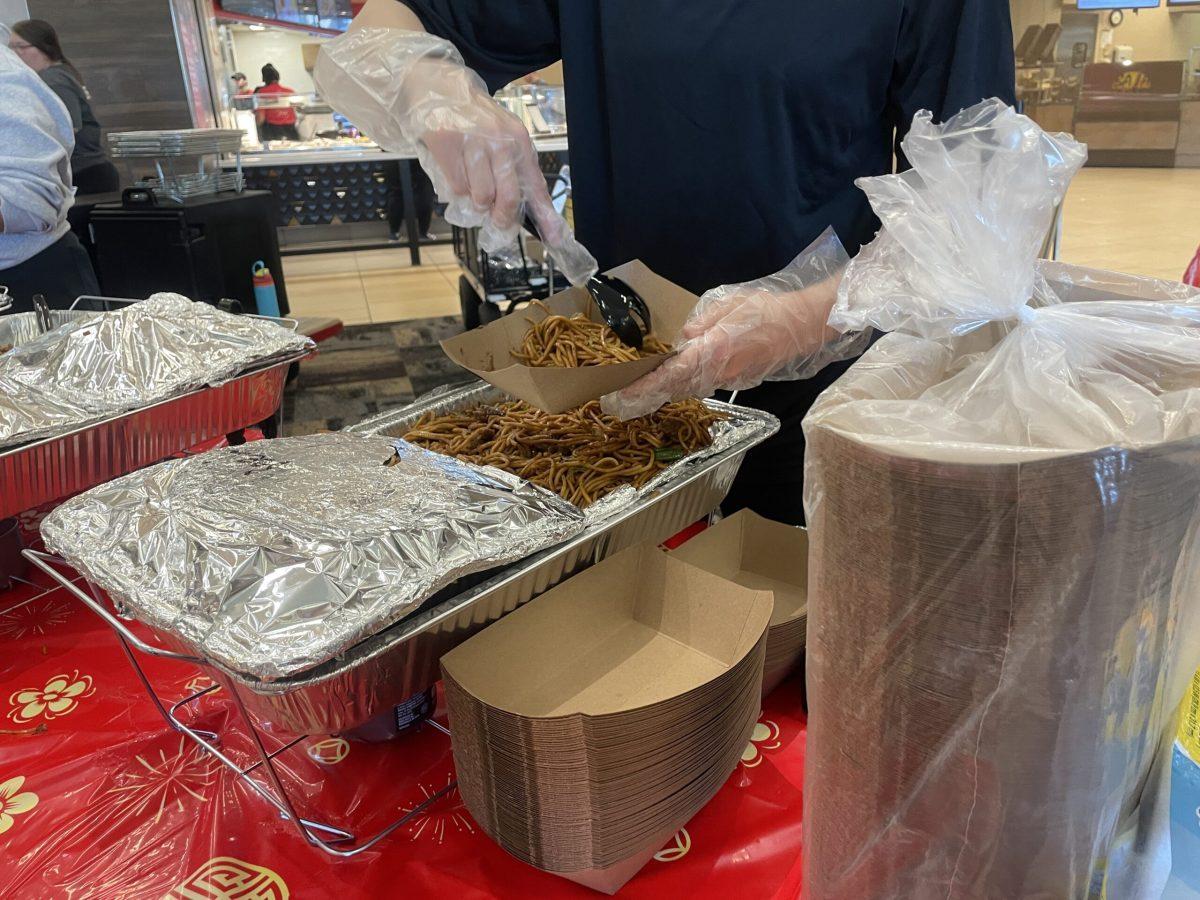For college students looking to save money on holiday travel, skiplagging may not be the way to do it.
Skiplagging is a practice which takes advantage of cheaper layover flights to give passengers discounts. A ticket from location A to B may be expensive, so a passenger may buy a cheaper ticket from location A to C, with a layover in location B. When the plane lands in location B, the passenger will leave the airport, discarding the second half of their ticket. However, travelers who take advantage of these “hidden city” deals may face several risks.
Skiplagging is not illegal, but many airlines do not allow the practice and explicitly reserve the right to cancel airline tickets they believe are being used to skiplag in their contracts of carriage, which lay out the obligations and rights of airline passengers.
American Airlines made headlines in July after canceling a teenager’s ticket to New York and banning him from the airline for three years after the airline discovered that he planned to disembark during a layover in Charlotte, North Carolina.
The 17-year-old booked his ticket through skiplagged.com, a site that helps travelers find flight deals. Skiplagging discounts capitalize airlines’ practice of offering cheaper flights with layovers in order to funnel passengers through their hub cities.
Skiplagged has faced a lawsuit from United Airlines, where a federal judge threw out the case saying the court lacked jurisdiction. Southwest Airlines also sued the company, but a judge dismissed the case after parties agreed to an undisclosed settlement. A lawsuit by American Airlines is currently targeting the organization for violating the airline’s terms of use.
“Skiplagged deceives the public into believing that, even though it has no authority to form and issue a contract on American’s behalf, somehow it can still issue a completely valid ticket. It cannot,” American Airlines said in its lawsuit. “Every ‘ticket’ issued by Skiplagged is at risk of being invalidated.”
On Skiplagged’s website, the company uses their FAQ section to warn travelers about the risks of this kind of travel. The site advises travelers that, “You might upset the airline, so don’t do this often,” in addition to recommending that travelers only bring a backpack, because checked luggage will be taken to the flight’s final destination. The company also urges consumers to not associate their ticket purchase with a frequent flier account, which would enable airlines to find travelers who regularly utilize skiplagging.
In times of “irregular operations,” such as bad weather, Skiplagged warns customers that there is a 2% chance that a traveler’s itinerary may change at the discretion of the airline, meaning travelers may not stop in their destination layover city at all.
Skiplagging may also present long-term consequences for airlines. In a 2015 special for USA Today, Airfarewatchdog founder George Hobica discussed how hidden city ticketing increases the number of empty seats in flights after the layover, forcing other travelers to pay higher prices and potentially causing airlines to raise prices in the long run.
Skiplagging has the potential to save customers money, but the repercussions of this practice have some professionals recommending that travelers use skiplagging sparingly, if at all.
Edited by Sophia Anderson | sanderson@themaneater.com
Copy edited by Sterling Sewell | ssewell@themaneater.com

